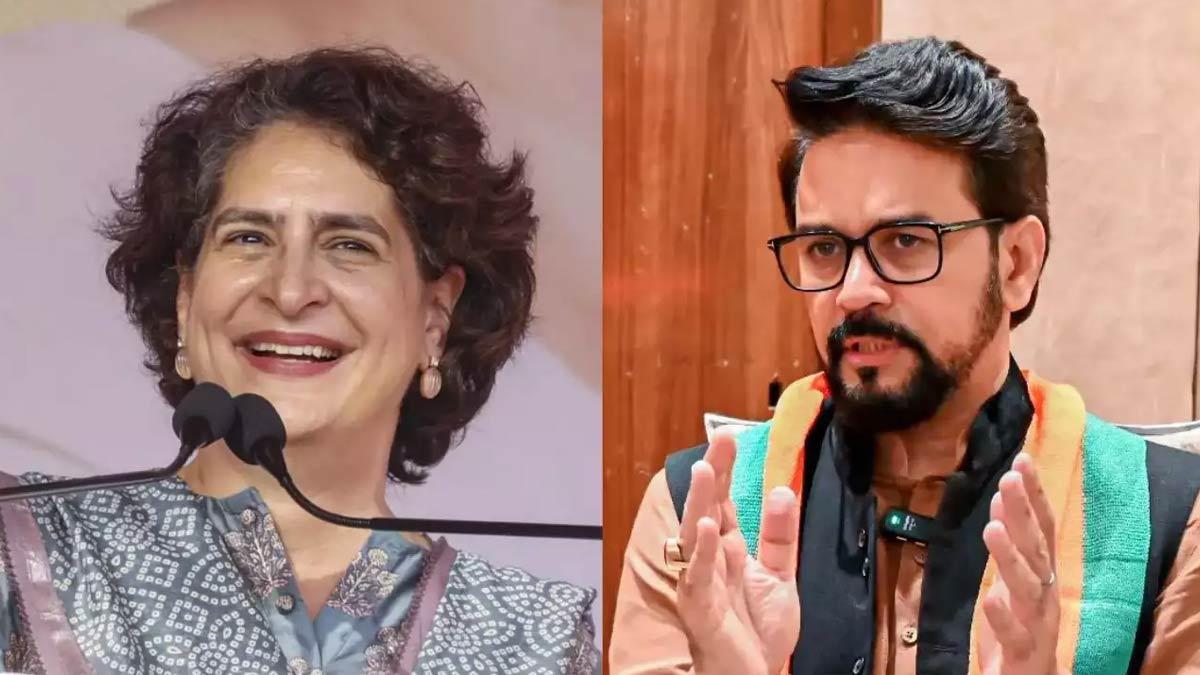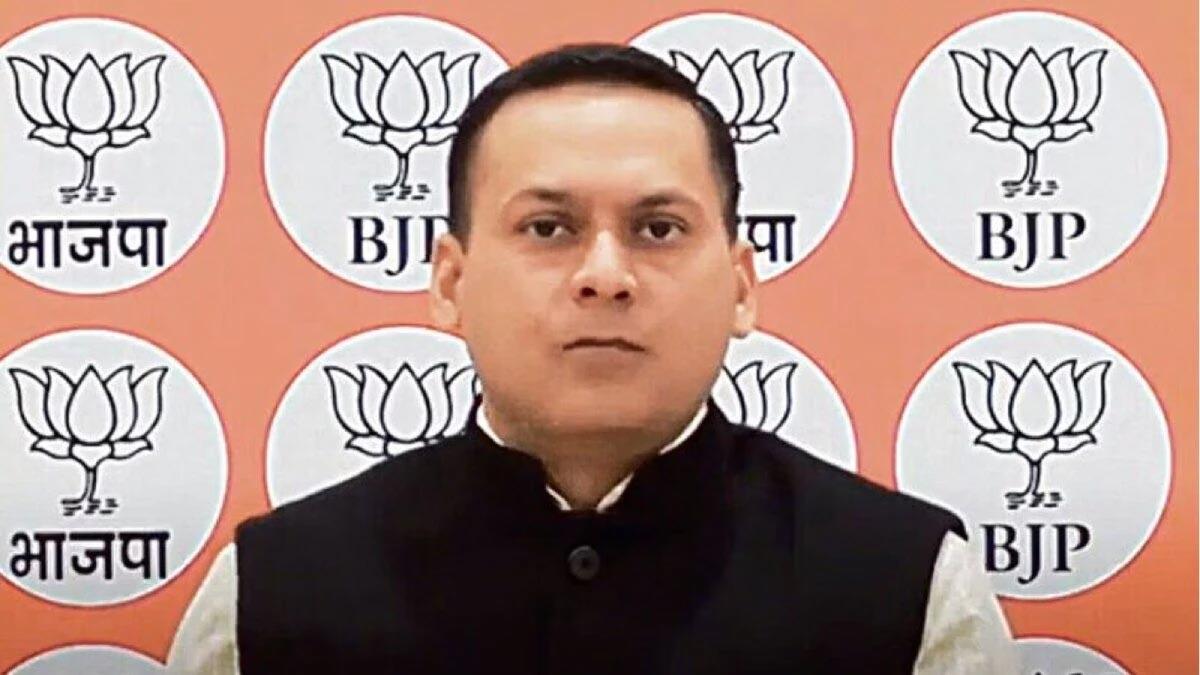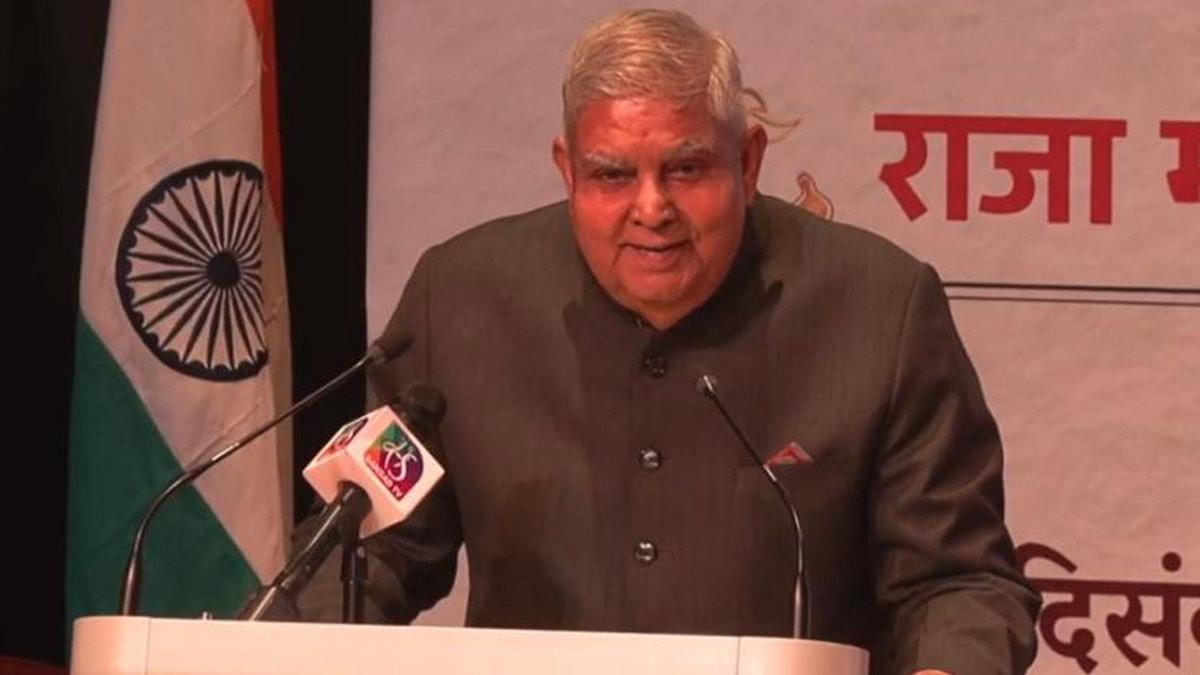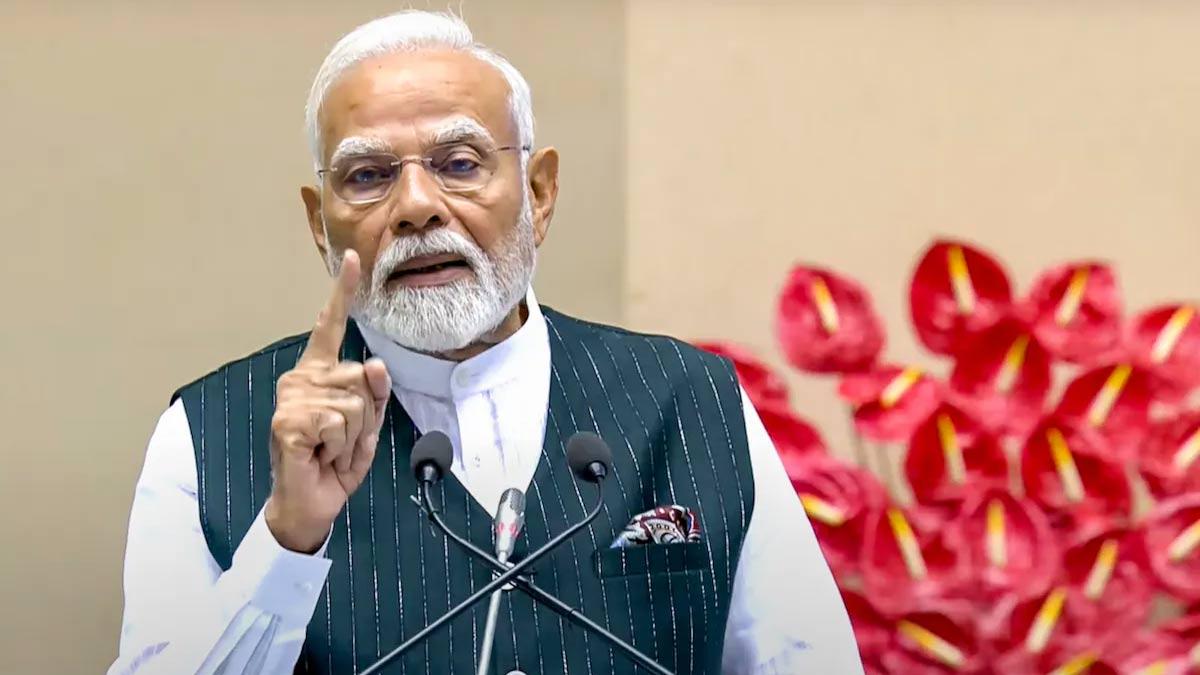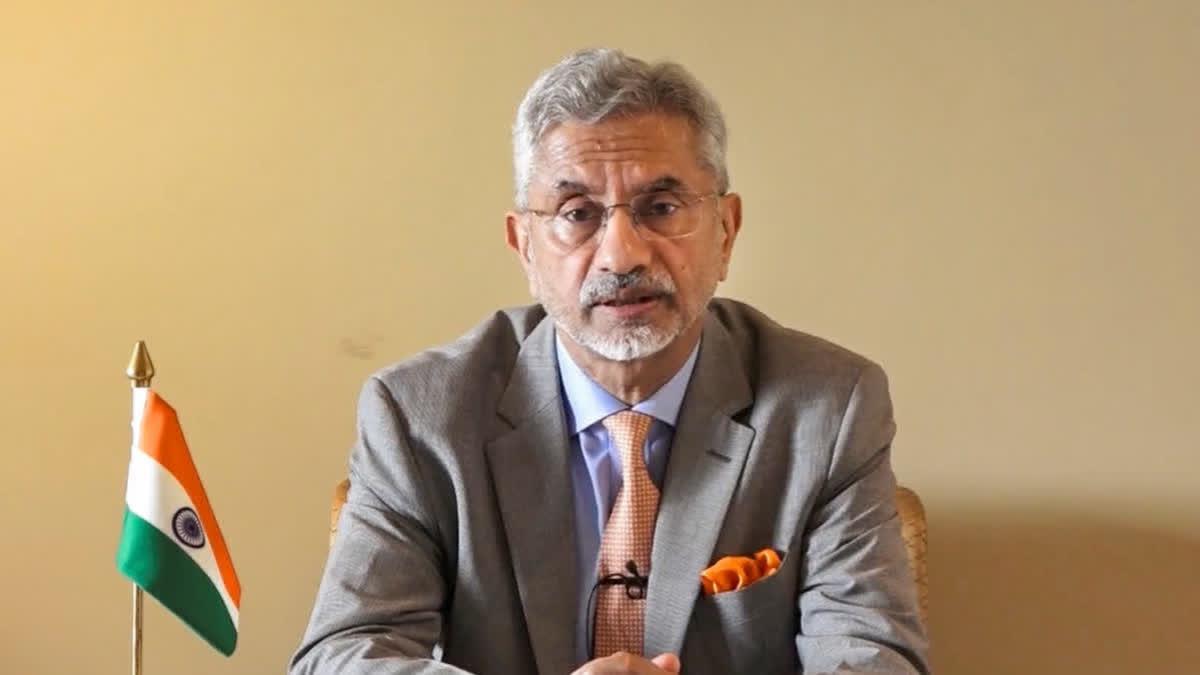A Joint Parliamentary Committee (JPC) has been formed to scrutinize the proposed 'One Nation, One Election' legislation. The committee will comprise 31 members, 21 from Lok Sabha and 10 from Rajya Sabha. Its task will be mainly to examine the feasibility and framework for conducting simultaneous elections to the Lok Sabha and the state Assemblies.
The JPC will focus on reviewing the Constitution (One Hundred and Twenty-Ninth Amendment) Bill, 2024, and the Union Territories Laws (Amendment) Bill, 2024, which look to align elections at both the national and state levels.
The Bills were introduced in the Lok Sabha by Law Minister Arjun Meghwal and have now been referred to the committee for further scrutiny.
The committee will also consider suggestions for synchronizing elections in other Union Territories, such as Puducherry and Delhi, and Jammu and Kashmir, with those of the Lok Sabha elections.
Among the members of the JPC are Priyanka Gandhi Vadra (Congress), Anurag Thakur and Anil Baluni (BJP), besides other opposition leaders like Kalyan Banerjee (TMC), and Dharmendra Yadav (Samajwadi Party). The committee's deliberations and recommendations will go a long way in defining the future of India's electoral process.
The Lok Sabha saw the introduction of the Constitution (129th Amendment) Bill, brought forth by Law Minister Arjun Meghwal after nearly 90 minutes of debate. A division of votes saw the Bill being passed with 269 MPs in its favor and 198 against it.
The members from Lok Sabha in the committee include P.P. Chaudhary, C. M. Ramesh, Bansuri Swaraj, Parshottam Rupala, Anurag Singh Thakur, Vishnu Dayal Ram, Bhartruhari Mahtab, Sambit Patra, Anil Baluni, Vishnu Datt Sharma, Priyanka Gandhi Vadra, Manish Tewari, Sukhdeo Bhagat, Dharmendra Yadav, Kalyan Banerjee, T. M. Selvaganapathi, GM Harish Balayogi, Supriya Sule, Shrikant Shinde, Chandan Chauhan and Balashowry Vallabhaneni.
While the government argues that simultaneous elections will streamline governance and reduce costs, opposition parties have raised concerns about its impact on the federal structure. The JPC will play a pivotal role in addressing these concerns and building consensus on this landmark electoral reform.
The committee is expected to submit the report before the next session of parliament, which can then be used as fodder for further discussion on the proposal that has been tagged as one of the most transformative in India's electoral history.
Read also| Samajwadi Party to Contest BMC Elections Independently in Maharashtra: Abu Azmi

